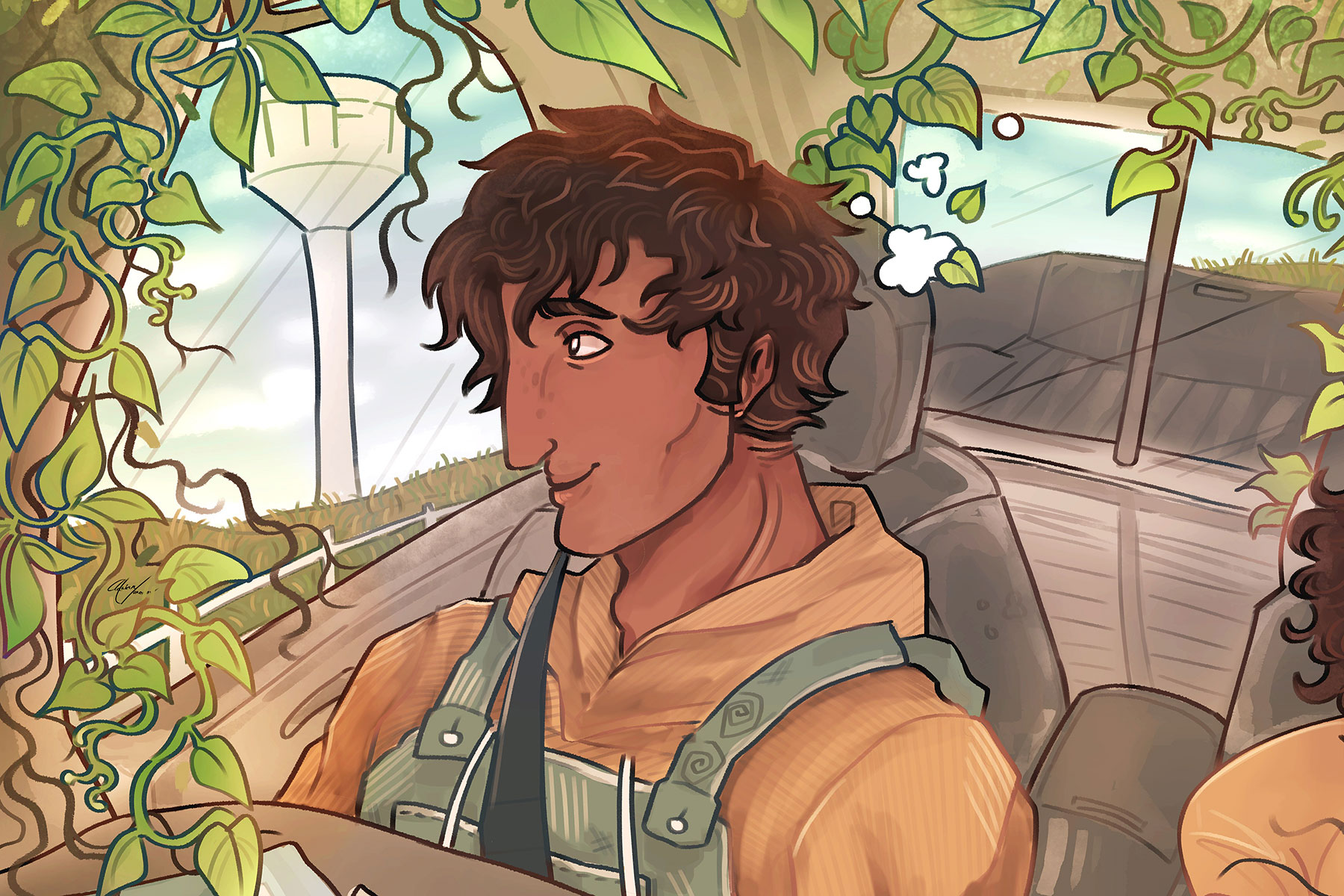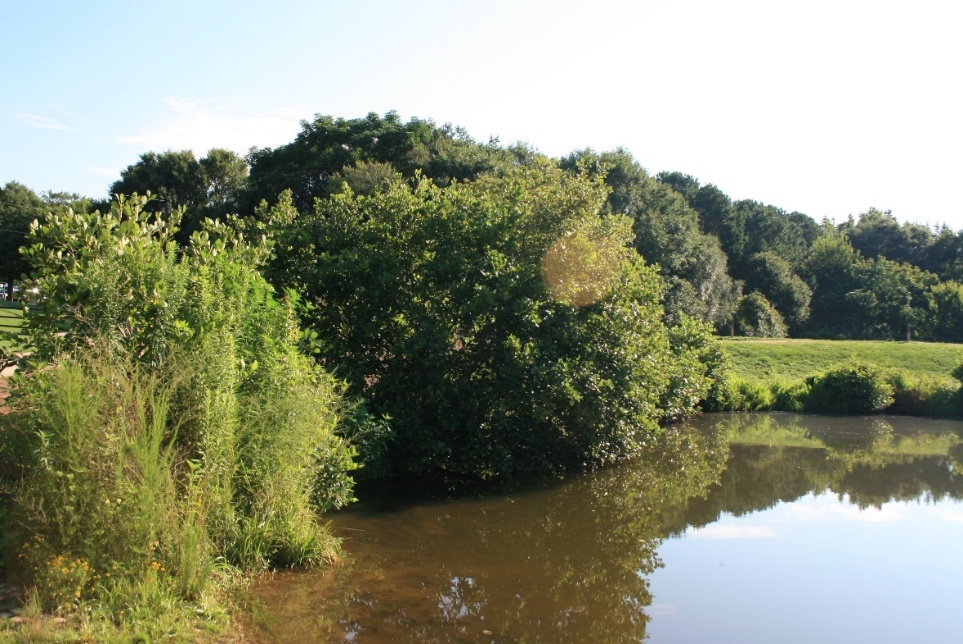 Photo: Joe Courson |
| They look like their ocean kin, and experts say farm-raised freshwater shrimp taste like them, too. |
Hundreds of miles from any coastline, John Downer is trying
to
make sure shrimp lovers
get all they want. The Webster County farmer is growing shrimp
in
fresh water in his
homemade tanks in southwest Georgia. “It should take between
160 and 170 days,”
Downer said, looking forward to his first shrimp harvest.
Growing freshwater shrimp has caused a new wave of interest
as
farmers look for
something they can grow to make a profit. It looks simple enough
from an equipment point
of view. But University of Georgia expert Gary Burtle tells
farmers it takes a new way of
thinking.
“You have to be a management-minded producer to get
above-average yields,”
said Burtle, an Extension Service aquaculture scientist with the
UGA College of
Agricultural and Environmental Sciences.
Production Promise May Be
Unrealistic
Burtle has been interested in growing shrimp for the past 20
years. Now, he has his
first shrimp-growing demonstration at the National
Environmentally Sound Production
Agriculture Lab in Tifton, Ga.
The freshwater shrimp industry has been hyped with big
promises of as much as 1,500
pounds of shrimp per acre, Burtle said. But he tells farmers not
to believe the
advertisements. His research shows Georgia farmers are more apt
to make about 600 pounds.
“Prices range from $7 to $10 per pound at the pond bank for
live, large shrimp,”
he said.
Consumer acceptance of freshwater shrimp could be a
determining factor, along with
consistent production at the farm, in deciding whether farmers
make money growing shrimp.
“Freshwater shrimp are very similar when they’re fresh —
that is, to fresh saltwater
shrimp,” Burtle said.
Shrimp Farmers Must Be
Marketers
Farmers getting into the fresh shrimp business must keep in
mind that most shrimp come
from Latin America and Asia. American producers compete on the
world market. Burtle said
farmers have to do more than just grow the shrimp. They have to
market what they grow, and
they have to promote freshwater shrimp. And many farmers don’t
feel comfortable doing
that.
|
|
| John Downer looks over his first “crop” of freshwater shrimp. |
It’s OK with Downer, though. He already has most of them sold
long before harvest. Most
of them, he said, will wind up on dinner plates in Webster
County.
Burtle said the key question for any farmer interested in
growing freshwater shrimp is
the amount of shrimp they can produce. “Can you move from
selling it to local fresh
markets,” he said, “and sell it wholesale?” He
doesn’t know the future of
freshwater shrimp farming in Georgia. But Burtle expects high
interest in the appealing
enterprise over the next few years.





